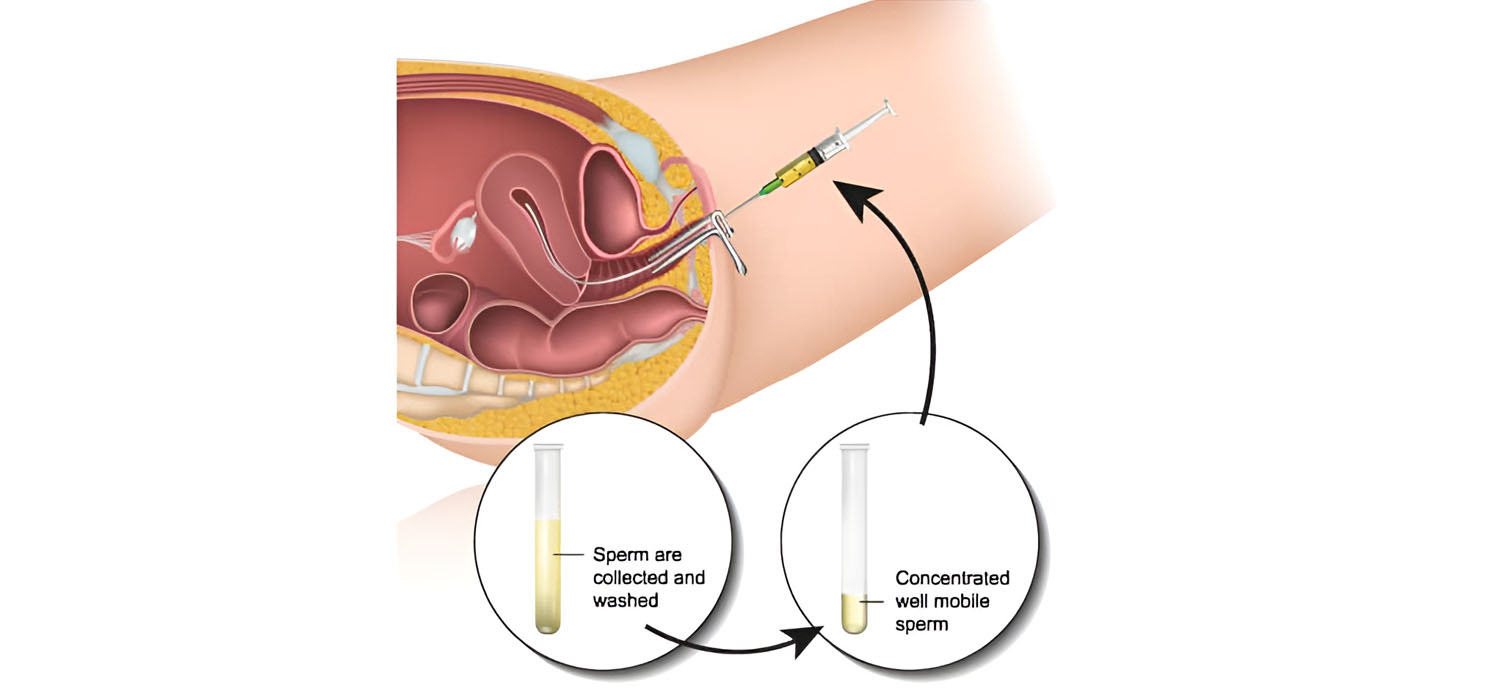Intrauterine Insemination (IUI)- Overview and indications
IUI is a familiar and popular armament in a gynaecologist’s repository for the treatment of infertility. However, it is important to understand every aspect of this procedure right from the correct indications to the timing of trigger and indications for luteal support.
What is IUI?
IUI is a procedure wherein the processed semen is deposited in the uterine cavity of the woman at the time of ovulation.
Historical aspects of IUI
It was in the end of the 18th century, in 1790, that Dr. John Hunter performed the first vaginal insemination for the wife of a man with severe hypospadiasis. The first documented IUI was done in France in 1844. Dr. Sims from US reported 55 cases of IUI, of which only one conceived! This was probably because he believed that ovulation occurred at the time of menstruation! The first donor insemination was performed in 1890 and frozen sperms were used for IUI in 1953.
What is the rationale of IUI?
- Increased chance of insemination by healthy sperms at the time of Ovulation.
Normal fecundity rate is around 5% per cycle while with IUI it is 8-22% - By bypassing the cervix, cervical factors such as hostile cervical mucus causing infertility are overcome.
- Capacitation of sperms is essential for fertilization of the egg. There exist certain factors in the semen/ secretions of cervix that may prevent capacitation, and these are called the decapacitation factors. Preparing the semen for IUI removes the decapacitation factors.
- The sperms are deposited close to the region of fertilization, thus aiding faster sperm motility to the goal.
What are the advantages of IUI?
IUI is cheap, faster, is patient friendly and hence ensures compliance, is non-invasive. It is often offered as the first ART procedure when indicated. Also, no obstetric or neonatal complications have been observed in this procedure.
What are the indications of IUI?
According to ESHRE, the indications include:
A) IUI using fresh partner sperms
- Subnormal sperm parameters
- Anti-sperm antibodies- either in cervix or semen
- Hypospadiasis, erectile/ ejaculatory dysfunction.
- Retrograde or low volume ejaculate
- HIV discordant couple
- Non-liquifying or high viscosity semen
B) IUI using frozen partner semen
- Absentee partner
- Partner undergoing treatment for malignancies
- Varying sperm parameters
C) Indications for using donor sperms in IUI
- Azoospermia/ Severe sperm defects in partner. Couple not willing for higher ART procedures.
- Partner is carrier for genetic defects
- Persistent failure with partner sperm IUI despite good female factor and procedure
- Discordant couple
- Single women
- Repeated IVF/ ICSI failure
D) Indications for IUI with female factor infertility
- Vaginismus
- Severe cervical factors
- Minimal or mild endometriosis
- Anatomic defects in vagina
- Anovulation
E) Other indications
- Unexplained infertility
- Immunological factors for infertility
What are the contraindications for IUI?
IUI is contraindicated when there is active infection of the cervix, bilateral tubal block, moderate or severe endometriosis, severe sperm factor abnormalities and in cases of cervical atresia.
What are the complications with IUI?
Procedure related complications include pain, uterine cramps, and infection. Major complications of ovulation stimulation are OHSS (Ovarian Hyperstimulation syndrome) and multiple pregnancies.
What are the factors that affect the success of IUI?
Cause and duration of infertility, treatment cycle rank, proper patient selection and preparation, indications for IUI, sperm parameters, age of the female partner and good monitoring are some of the factors that impact the success of IUI.
What are the important counselling points for patients undergoing IUI?
Patients have to be explained why IUI is being performed in their case. They must be told about the rationale of IUI and its advantage over trying to conceive normally. The procedure must be explained. The cost, complications and success rates must be discussed. Written consent for the procedure is mandatory. In cases of donor insemination, the patient couple are explained about the procedure of donor selection and the confidentiality clause.
For more info, Visit : www.medlineacademics.com
